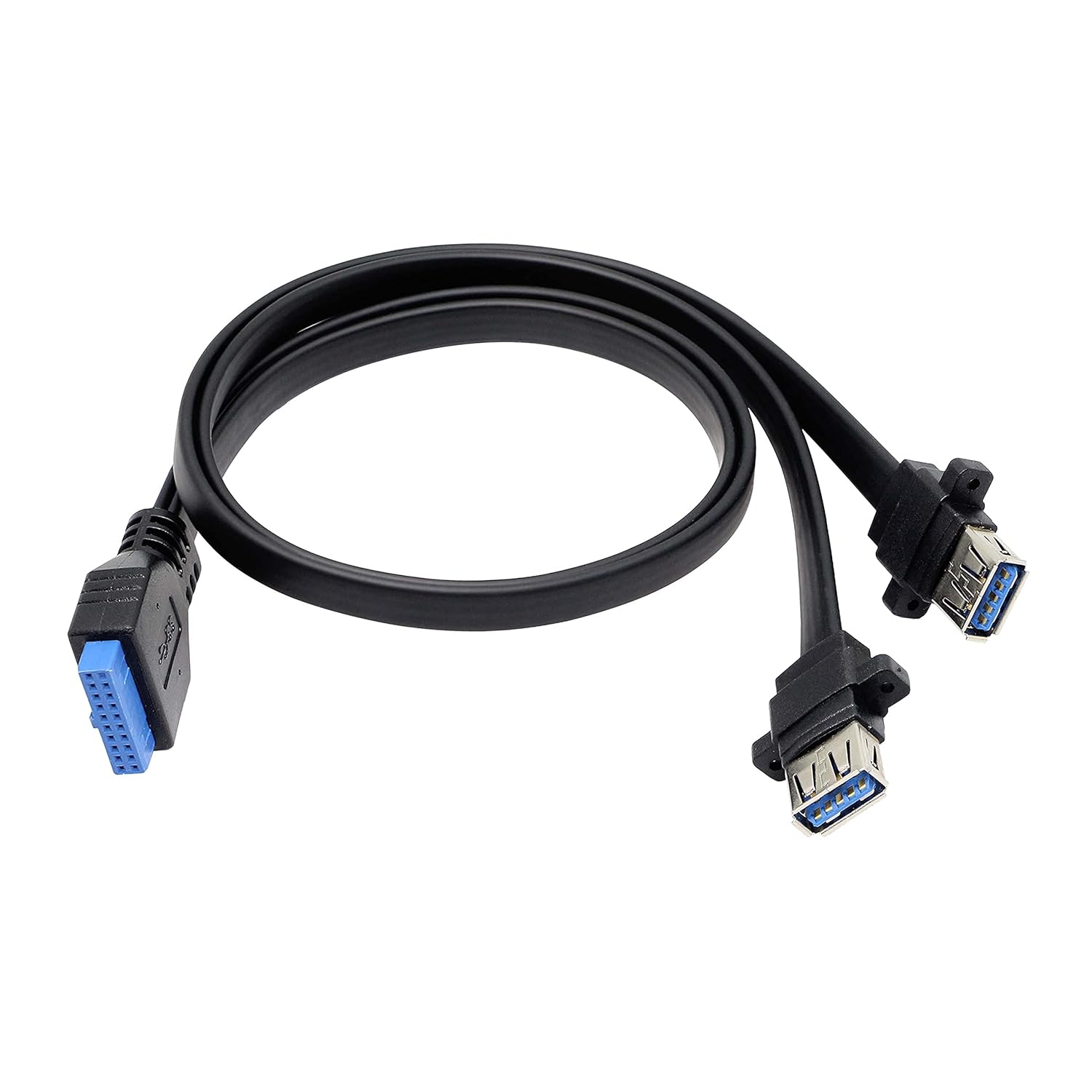I have an unusual USB problem. One of my two USB 3.0 front panel ports is not working properly while the other works fine. The port which doesn't work properly is able to charge my phone but cannot display the contents of a USB drive. Both USB ports are connected to a single connector which plugs into the motherboard USB 3.2 Gen 1 connector.
My online research shows this to be a fairly common problem with Lian Li Lancool 216 case but nobody has offered a solution. One user said the solution involved some setting in the BIOS but could not give the steps. Device Manager shows everything normal. I've updated to the latest BIOS version and all USB ports are enabled in BIOS. Any insight on this?
Tried with no success: Deleting and reinstalling USB Host Controller and USB Root Hub in Device Manager
System: i7 14700 CPU on MSI B760M-a motherboard, Lian Li Lancool 216 case
OS: Windows 10 Pro ver. 22H2
Device Manager info

Motherboard connector info

Case front panel info:

My online research shows this to be a fairly common problem with Lian Li Lancool 216 case but nobody has offered a solution. One user said the solution involved some setting in the BIOS but could not give the steps. Device Manager shows everything normal. I've updated to the latest BIOS version and all USB ports are enabled in BIOS. Any insight on this?
Tried with no success: Deleting and reinstalling USB Host Controller and USB Root Hub in Device Manager
System: i7 14700 CPU on MSI B760M-a motherboard, Lian Li Lancool 216 case
OS: Windows 10 Pro ver. 22H2
Device Manager info

Motherboard connector info

Case front panel info:

Last edited:






